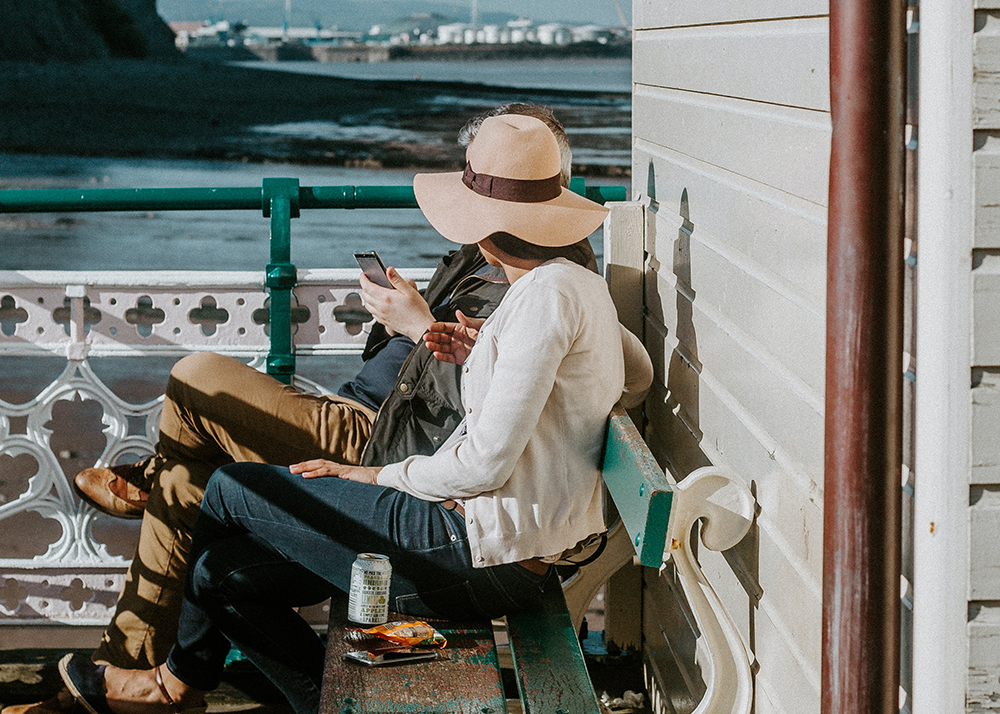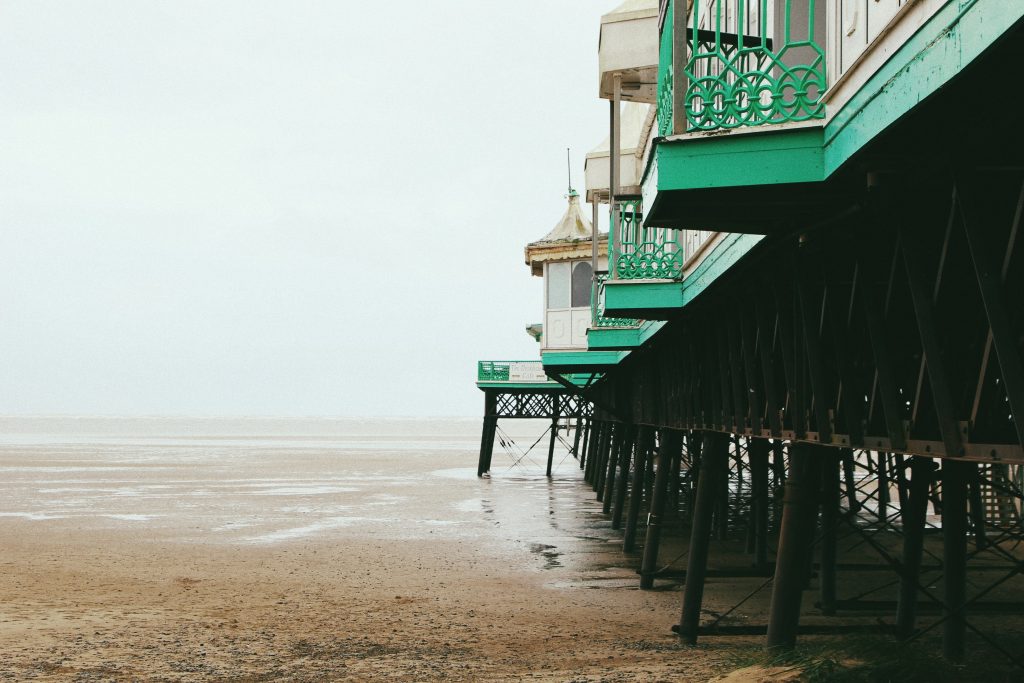Holidays in lockdown
Britons love a holiday abroad: between us we enjoyed 47m foreign holiday trips in 2018. But with travel restrictions in place, the summer exodus looks unlikely.
Instead, some 90% of UK holidaymakers have indicated they plan to take a domestic holiday once lockdown restrictions ease (Cabinbookers) and searches for domestic hotel stays are already picking up (The Economist). While domestic holidays have always been popular, the dynamics of who is spending, where, and on what are likely to change. This will create opportunities for specific types of businesses to capture some of the £32bn we usually spend each year on holidays abroad (ONS).
We share our insights below:
1 / Who will be spending?
Domestic tourism is usually driven by older travellers, with over 55s accounting for 42% of nights stayed in 2019 (VisitBritain). As this group is more vulnerable, they will likely be more cautious, and may choose to stay home.
In contrast, those accustomed to travelling abroad, such as under 55s without dependent children, are now more likely to be looking at UK breaks. Typically a higher-spending group, accounting for only a quarter of nights stayed in 2019 but over a third of spend, this offers a potential upside.
Businesses that appeal to these and other groups more likely to travel post-lockdown (such as restless families) are well positioned to capture holiday spend diverted from abroad.

2 / Where will we be going?
In 2019, city breaks accounted for a third of all domestic trips (VisitBritain), however recent data suggests a shift, with 86% of holiday hunters now prioritising countryside escapes (Cabinbookers).
We expect to see growth in seaside and rural holidays, with businesses located in urban favourites like London and Edinburgh seeing a drop. Traditional domestic hotspots situated further from population centres and with weaker healthcare infrastructure, like the South West, may also suffer reduced demand.
As efforts to control the virus continue, we see an opportunity for businesses like holiday parks. Spread around the UK’s rural areas and offering self-contained accommodation, their proposition is well-aligned with what holidaymakers will be looking for.

3 / What will we be doing?
In 2019, the average British household spent three times more (ONS) on entertainment leisure trips (such as the cinema, concerts and shows) than visitor attractions (like museums, zoos, theme-parks, country houses and gardens).
However, such outdoor attractions now offer lower transmission risk, greater ability to space out customers and are well suited to the upcoming summer season.
With the implementation of measures like one-way systems, specified-time ticketing and the repurposing of outdoor spaces, we expect tourist spend to shift towards these types of businesses as lockdown eases.
Conclusion: The winners
Businesses like the National Trust or safari parks, which sit at the confluence of these trends towards social distancing, family and younger couples holidays, time spent outdoors, and non-city-centre locations, will be well placed for success.
Key for any business will be tapping into the lockdown zeitgeist of restlessness, a desire for adventure, and a return to the great outdoors, whilst also being sensitive to hygiene considerations.
Operators in this field should use the remainder of lockdown to create marketing collateral which aligns with these themes, and to develop, test and implement measures which will allow them to re-open at the earliest opportunity.
And those working outside of the tourism sector should consider how they can recreate the experience and benefits of travel for those unable or unwilling to leave the house: escapism, indulgence and relaxation are experiences that can be delivered by a huge diversity of products and services with a little creative thinking.
In challenging times, domestic tourism spend offers huge potential for those who can capture it. Get in touch if you or your business would like to discuss how we can help.



